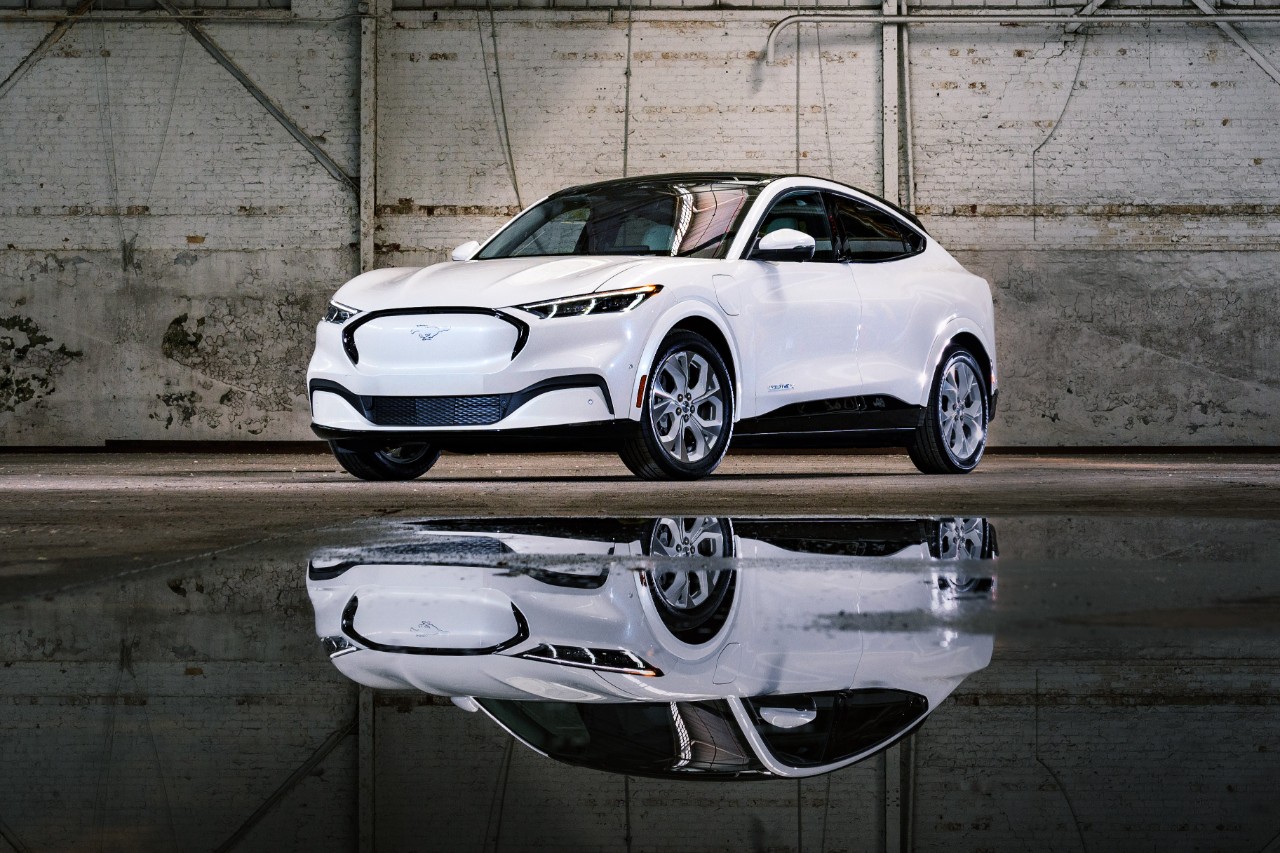In the cleverly titled announcement You Say Tomato; We Say Tom-Auto, Ford (F 1.52%) today announced it has partnered with H.J. Heinz to seek to find a way to use tomato fibers in vehicles. Heinz was acquired in February of last year by Warren Buffett's Berkshire Hathaway (NYSE: BRK-A) (NYSE: BRK-B) in partnership with 3G Capital for $28 billion.

Source: Ford media relations.
The press release highlighted that researchers at both Ford and Heinz are collaborating to see if tomato fibers -- like dried tomato skins -- can be used for the small storage bins in vehicles or the wiring brackets.
"We are delighted that the technology has been validated," noted associate director, packaging R&D for Heinz Vidhu Nagpal, in the release. "Although we are in the very early stages of research, and many questions remain, we are excited about the possibilities this could produce for both Heinz and Ford, and the advancement of sustainable 100% plant-based plastics."
Heinz began a partnership with Ford in 2012 as it sought environmentally friendly ways to reuse the peels, stems, and seeds from the 2 million tons of tomatoes used to make Heinz Ketchup each year.
In conjunction with Coca-Cola, Nike, and Procter & Gamble, the five companies formed the Plant PET Technology Collaborative, which sought to accelerate the development and use of plant-based materials in products ranging from bottles to clothes, as well as automotive fabrics and carpets.
In a report issued last year, Ford noted it is seeking to continue to find more uses for natural and environmentally friendly "materials technologies that improve environmental and social performance and reduce costs and weight" across its vehicles.
Ford highlighted this strategy has "reduced the number of materials we specify and use, to maintain consistent quality and enable cost reductions."
Ford's use of recycled nonmetal and bio-based materials includes cellulose-fiber-reinforced console components and rice-hull-filled electrical cowl brackets introduced in the last year. Other examples are coconut-based composite materials, recycled cotton material for carpeting and seat fabrics, and soy foam seat cushions and head restraints, according to the company.











